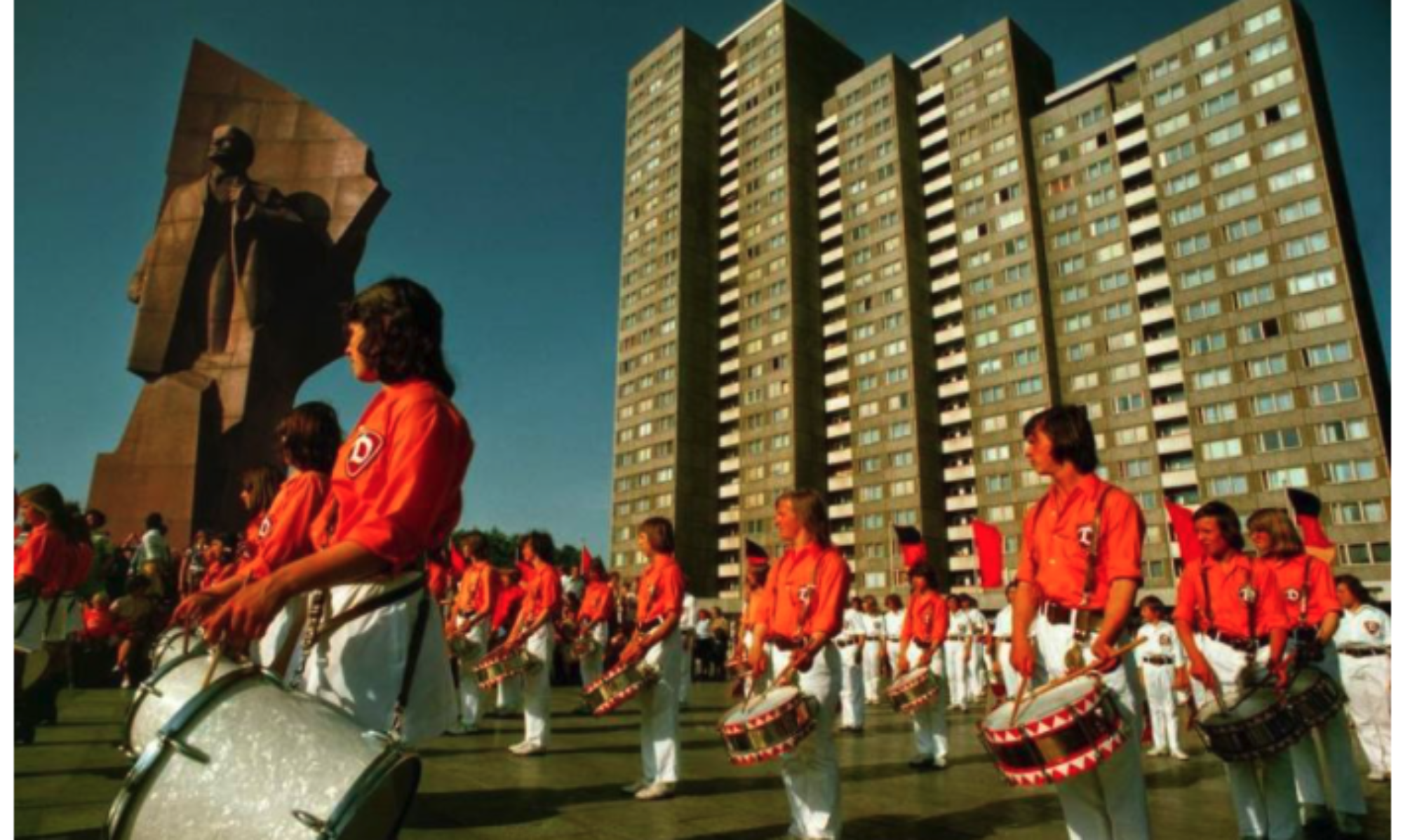After reading Békés, the previous thoughts that the United States government would willingly and swiftly put an end to communism if it saw an opportunity flew out the window for Eastern Europeans. Even with revolutions led by the people within these nations, the intervention of the Red Army and Soviet Government went without issue or protest from the Western bloc. While the hatred of Communism extended to all forms of life and the threat of war always loomed, this first hint of possible change did not produce anything. For the Eastern European people protesting their governments, it was determined that if they wanted change, they would have to do so on their own and without support.
Extending to Interview 106, the radio operator’s perspective also proves that the movement existed entirely because of the people involved, and was thoroughly surprised by the involvement of the “peasants” that sent them supplies. Their involvement as a radio operator showed the want for change, and while they did not have organization or a defined end-goal, their dedication defined the movement while it lasted. They did not expect help from others, only seeking the tenets that the defined and were prepared to help where they could.
Overall, the revolution, as seen from both the perspective of Interviewee 106 and that given by Békés, makes me question how this shaped the future of the Soviet Union and how it was seen from the people living within it. Did the remnants of revolution simply fade into history, or did they survive in different forms? How did it shape the youth experience for those involved that stayed within Hungary? Was there an attempt afterward to alter the memory of the movement? As we continue to study, I’d like to continue to question what the movement did in questioning Soviet and Communist ideology.

Your question about the youth experience of those who stayed in Hungary made me wonder exactly how safe it was to remain. Having spoken to a man who fled the Hungarian Revolution, actually running on the battlefield itself due to refusing to shoot at his own people (speaking about divides between family and friends), the possibility of being caught or identified was a real concern that shaped how those lived in a post-revolution country. In interview 106, this fear was from being the only woman radio operator. I imagine that many of those who stayed in Hungary had this fear, given that the interviewee references how the revolution wasn’t even useful for the country itself. Further, the man I spoke to emphasized that when he left Hungary, he had no interaction with those who remained and never was able to return. The damage that this causes of missing pieces within families and the breakage of personal relationships goes both ways, so I imagine that this was a lasting remnant that existed within many homes (perhaps silently out of necessity for safety), though Communist and Soviet ideology may have forced those remaining to move on to a “better” future as their propaganda often does. I wonder how effective Soviet propaganda could have been, or if it was even attempted by the Soviet Union, following a brutal end to the revolution.